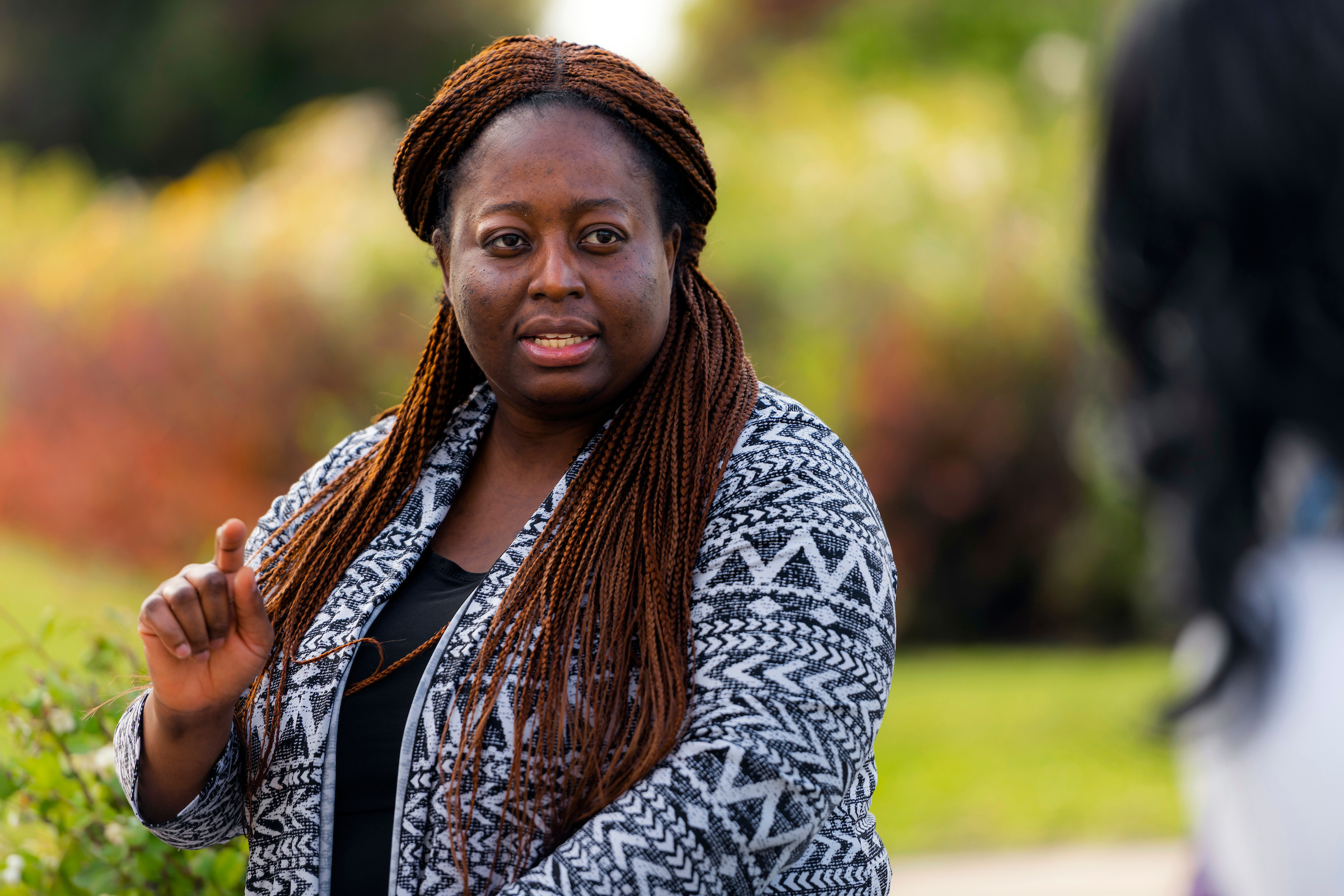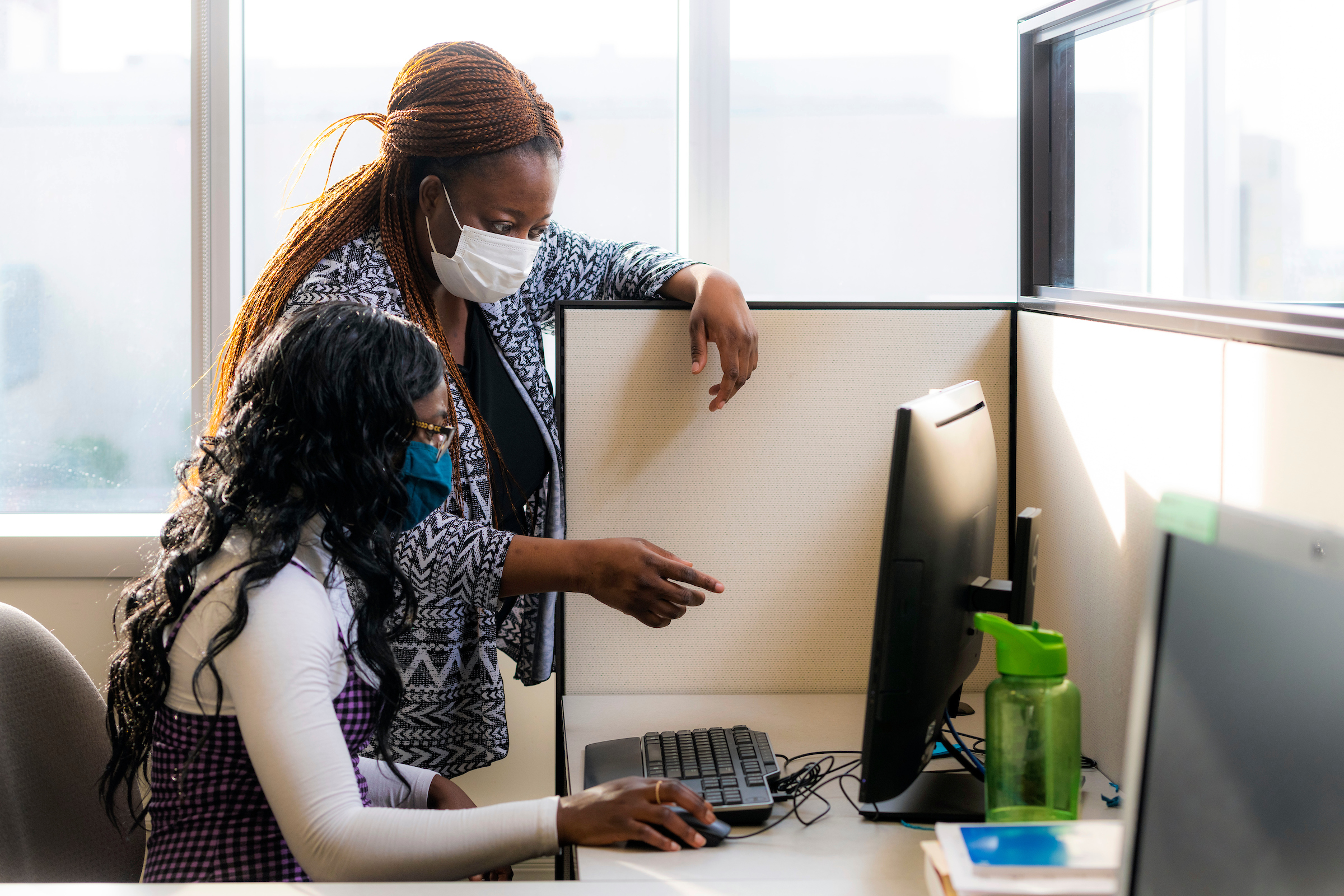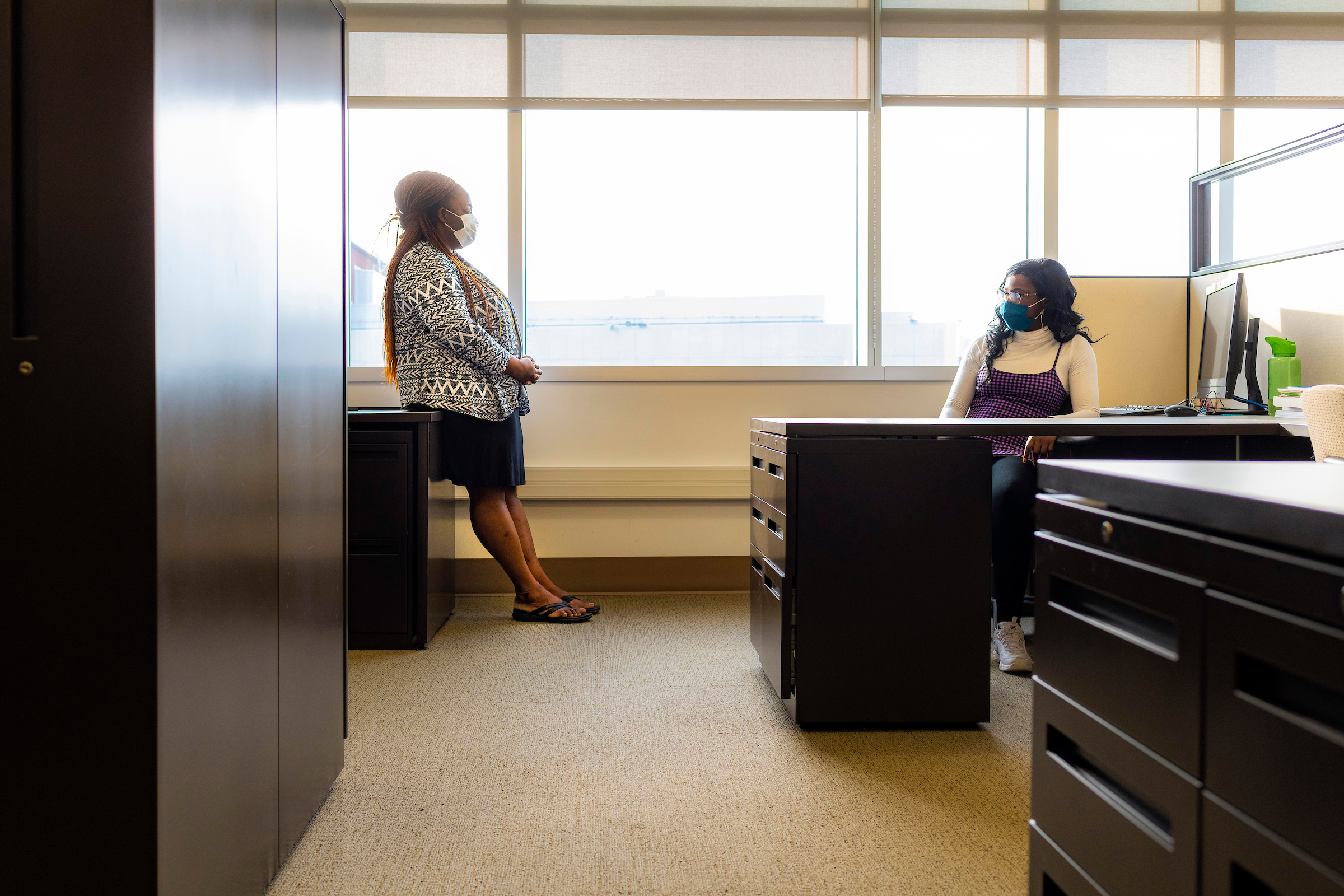A group of Black Alberta high-school students are getting a crash course on how to thrive at university, thanks to a new University of Alberta mentorship program.

The Black Youth Mentorship and Leadership Program is designed to pair Black youth with students and faculty at the university, giving them a head start on critical academic survival skills such as writing scholarly papers, searching for research materials and financing their education. They will also participate in discussions on how to deal with systemic racism and discrimination.
The program will allow participants to work on a project under the supervision of a mentor and attend workshops and conversation cafes.
“We are trying to really broaden the students’ perspectives and vision,” said Bukola Salami, a professor in the Faculty of Nursing who is leading the program with co-lead Andre McDonald, associate chair (research) of the Department of Mechanical Engineering.
“We'd like to inspire them and get them excited about going to university.”
Helping Black youth see themselves in university
Salami said she participated in a similar mentorship program at the University of Toronto when she was in high school.
“It made me realize there are many successful Black people, and many brilliant Black youths, and it helped affirm my commitment to succeed and provided me with great tools for success.”
Research shows that Black youths can experience poorer social outcomes than their peers, she added, including lower educational attainment. They are also more likely to live in poverty and be involved with the criminal justice system.
“Racialization and a lack of mentors and role models in the community contribute to those poor social outcomes,” she said. “Our project uses a participatory approach to improve economic outcomes, community belonging and leadership skills, as well as foster a positive cultural identity for Black youths.”
About 35 high-school students aged 16 to 19 were selected based on grades and a personal essay. They are divided into groups depending on their interests, and 10 of them also received funding to work as research assistants through the federal government’s Summer Jobs Program.

Looking at the larger issues
The idea for the program was partly based on Salami’s observations of students in first year unnecessarily losing valuable marks because they lacked basic writing and research skills.
Beyond honing those skills, the youth will also be introduced to larger societal issues related to racism, inequality and social justice, and how to deal with systemic racism and discrimination.
While currently housed in the Faculty of Nursing, the program is a campus-wide initiative, open to students with a range of interests and career aspirations. About 17 Black scholars and a number of undergraduate and graduate students and post-doctoral fellows from across faculties serve as mentors, and students currently meet through Zoom on Saturdays and during the week when not in school.
One group with business interests, for example, will examine organizational racism; another will consider the role of engineering in improving people's lives around the world. Groups in psychology and nursing will look at how to improve the mental health of Black people in Canada.
“Those with an interest in medicine will look at a condition called sickle cell disease, which is very common within Black communities,” said Salami. “They will look into the literature related to bone marrow transplant as a treatment for sickle cell disease.”
Mentoring will also include group sessions on Indigenous relations and Black history, said Salami, subjects about which the students are “very passionate.”

Panels with Black scholars and U of A students will offer opportunities to discuss a range of issues, and all will have a chance to sit in virtually on first-year science and sociology classes.
“A lot of Black professors are really invested and committed to helping out with this project as much as possible,” said Salami.
The program was intended to begin this summer, said Salami, but was forced to postpone to this fall because of COVID-19. It is funded mainly through the federal government’s Community Support for Black Canadian Youth initiative.